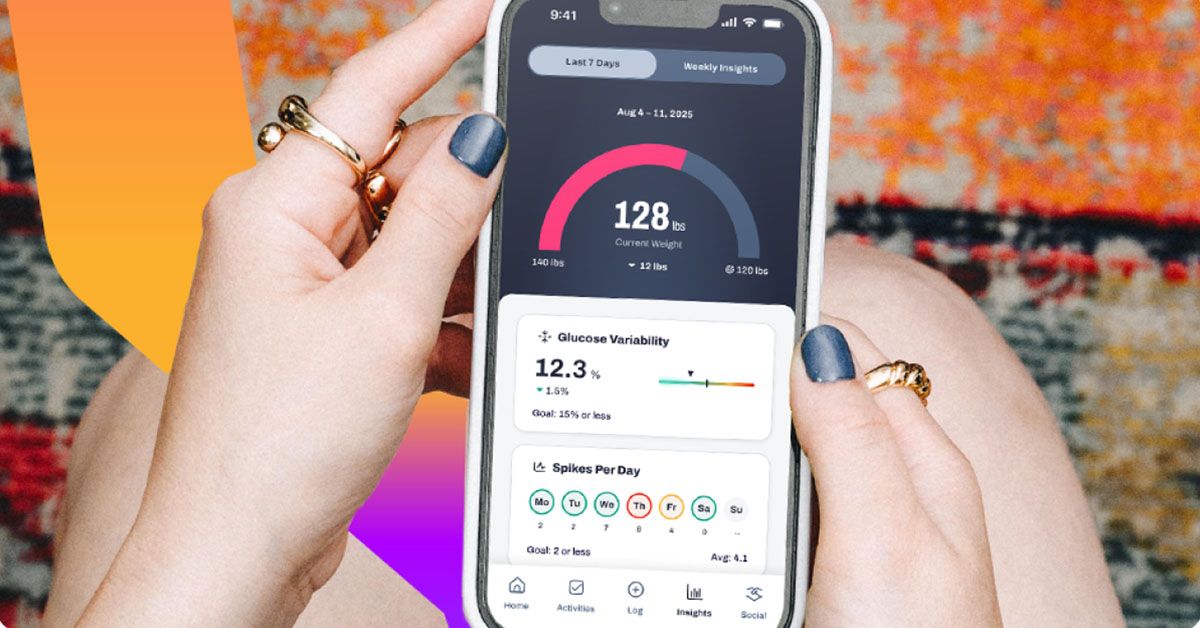Can You Motivate a Partner with Health Challenges to Embrace a Healthier Lifestyle?

Dear Abby,
I'm writing to you today with a concern that's weighing heavily on my heart. My partner has an autoimmune disorder and a history of neglecting his health over the years, which has unfortunately led to a cascade of related issues. I find myself in a frustrating situation – I'm committed to a healthy lifestyle, preparing nutritious meals, and maintaining a consistent exercise routine (easily 10 miles a week!), while he struggles to prioritize his well-being.
It's not about judgment, but a genuine desire to see him thrive. I want to support him, but I'm unsure how to navigate this delicate balance. Is it possible to motivate someone with existing health challenges to adopt healthier habits, or am I fighting a losing battle?
The Challenge of Autoimmune Disorders and Past Habits
Autoimmune disorders often present unique challenges to overall health and well-being. The chronic nature of these conditions can lead to fatigue, pain, and a general sense of discouragement, making it difficult to prioritize lifestyle changes. Compounding this, a history of unhealthy habits – poor diet, lack of exercise, and potentially other lifestyle choices – can create a deeply ingrained pattern that's hard to break.
Understanding the Root of the Resistance
Before attempting to motivate, it's crucial to understand *why* your partner resists healthier choices. Is it pain? Is it fatigue? Is it a lack of understanding about the benefits? Is it a feeling of helplessness? Sometimes, simply acknowledging these underlying reasons can be a powerful first step. Open and compassionate communication is key. Avoid lecturing or nagging, which will likely backfire.
Strategies for Gentle Encouragement
Here are a few suggestions for gently encouraging a healthier lifestyle:
- Lead by Example: You're already doing this! Continue to model healthy behaviors. Sometimes, seeing someone else thrive can be inspiring.
- Small, Achievable Goals: Don't aim for a complete overhaul. Start with small, manageable goals, like a 15-minute walk each day or adding one serving of vegetables to each meal. Celebrate these small victories.
- Focus on the Positive: Highlight the *benefits* of healthier choices—increased energy, reduced pain, improved mood—rather than focusing on the restrictions.
- Offer Support, Not Pressure: Let your partner know you're there to support him, whether it's cooking healthy meals, going for walks together, or simply listening.
- Professional Guidance: Encourage him to consult with his doctor or a physical therapist to develop a safe and effective exercise plan tailored to his specific needs and limitations. A registered dietitian can also provide guidance on nutrition.
The Importance of Self-Care
Finally, remember to prioritize your own well-being. Supporting someone with health challenges can be emotionally draining. Make sure you're taking care of yourself, setting boundaries, and seeking support when needed. You can't pour from an empty cup.
Wishing you both health and happiness.
Sincerely,
A Concerned Partner






